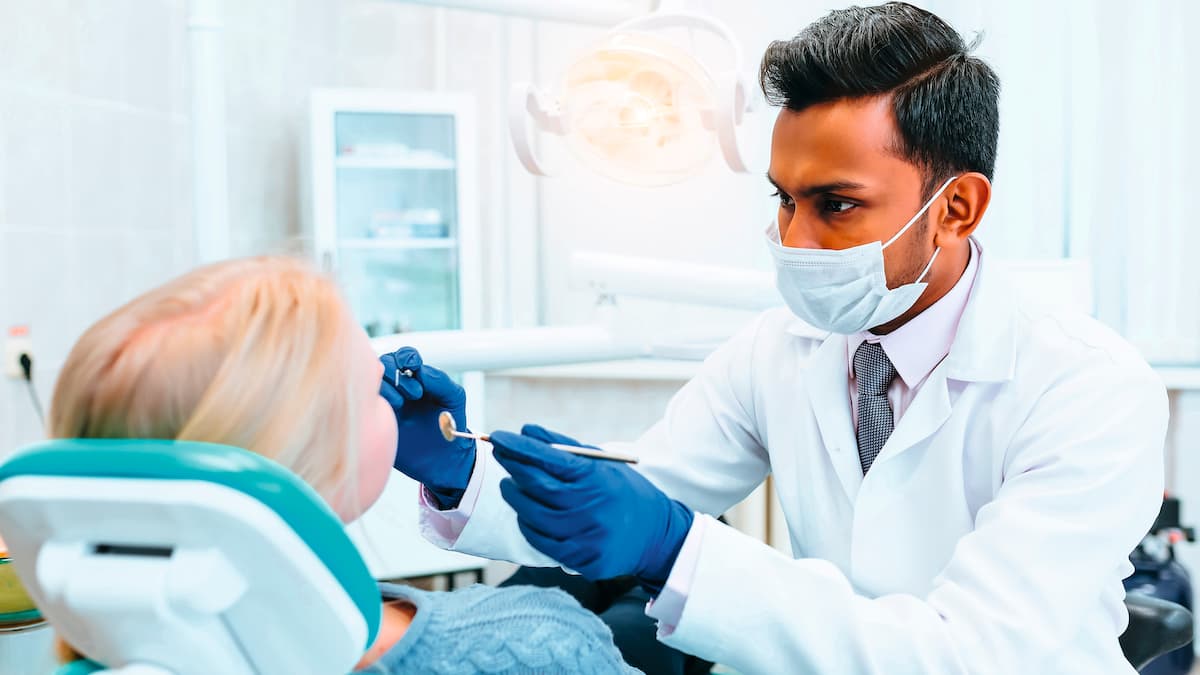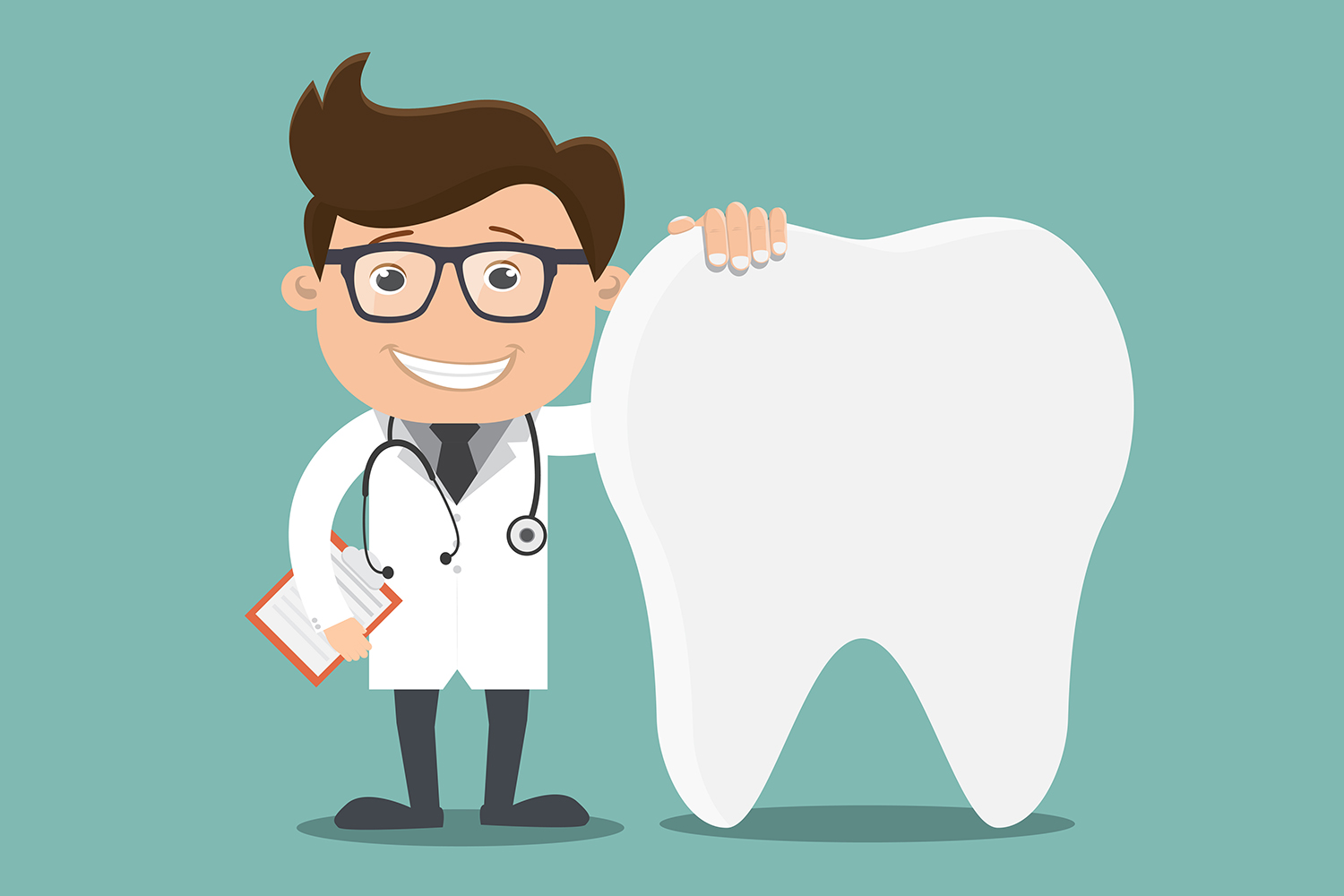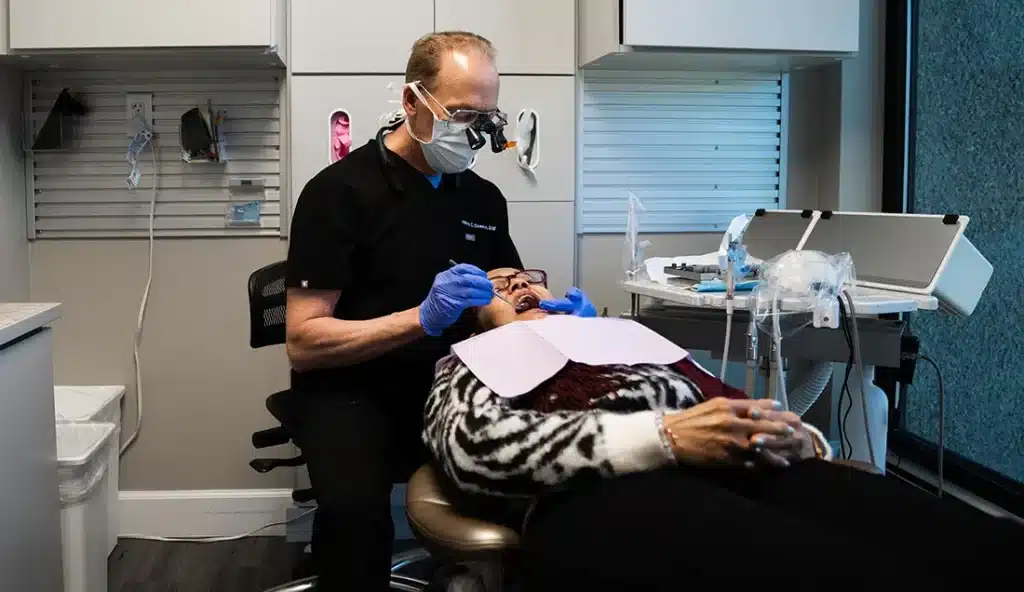The Ultimate Overview to Porcelain Veneers Washington DC: Boost Your Self-confidence
The Ultimate Overview to Porcelain Veneers Washington DC: Boost Your Self-confidence
Blog Article
Typical Inquiries Concerning Oral Veneers Answered
Dental veneers have ended up being a significantly desired choice for those wanting to boost their smiles, yet numerous people stay uncertain concerning numerous elements of their usage. Secret inquiries usually arise pertaining to the application process, longevity, and potential dangers related to these aesthetic improvements. The difference between porcelain and composite veneers can substantially influence one's choice. As we discover these common inquiries, it ends up being important to consider not just the advantages yet also the implications of opting for dental veneers in pursuit of a much more confident appearance. What variables should one evaluate prior to making such a decision?
What Are Dental Veneers?
Dental veneers are slim, tailor-made shells crafted from porcelain or composite material that are developed to cover the front surface area of teeth. These oral prosthetics serve both practical and visual objectives, supplying an option for various oral blemishes, consisting of staining, chips, voids, and imbalance. By sticking to the teeth, veneers can substantially improve the overall appearance of a smile, creating an extra uniform and attractive appearance.
Porcelain veneers are particularly favored for their all-natural clarity and stain resistance, making them a suitable choice for individuals looking for lasting results. In contrast, composite material veneers are normally more economical and can be applied in a solitary browse through, but they may not use the exact same resilience as porcelain choices.
The choice to choose dental veneers usually comes from a wish for visual enhancement, yet clients should likewise take into consideration aspects such as the longevity of the material, upkeep needs, and the possible requirement for tooth reduction (Low Cost Veneers). Ultimately, dental veneers represent a efficient and functional option for accomplishing a glowing smile, accommodating individual aesthetic requirements while promoting confidence and self-worth
Just How Are Veneers Applied?
The application process for veneers calls for careful preparation and precision to make certain optimal outcomes. The procedure usually begins with a detailed examination, where the dental expert evaluates the patient's oral health and wellness, goes over desired results, and determines the proper kind of veneers, whether porcelain or composite material.
When the treatment strategy is established, the dental practitioner prepares the teeth by getting rid of a slim layer of enamel, normally about 0.5 mm to 1 mm, to fit the veneer. This action is crucial as it guarantees a correct fit and prevents the veneers from appearing bulky - Dental Veneers. After preparation, perceptions of the teeth are taken to create personalized veneers that match the client's one-of-a-kind dental structure and visual preferences
While the permanent veneers are being made in an oral laboratory, momentary veneers might be positioned to shield the ready teeth. As soon as the permanent veneers are ready, the dentist will very carefully bond them to the teeth utilizing a strong dental adhesive.
What Are the Perks?

In addition, veneers are understood for their sturdiness and resistance to staining contrasted to natural teeth. Made from top notch materials such as porcelain or composite resin, they can preserve their look for several years with appropriate care. This longevity makes them a practical financial investment in one's dental appearance.
Along with aesthetic enhancements, veneers can also contribute to boosted oral health and wellness. By here are the findings covering harmed or deteriorated teeth, they can provide additional support and defense, helping to stop additional degeneration or wear and tear. This safety aspect can lower the demand for a lot more comprehensive dental procedures in the future.

How Much Time Do They Last?
With proper care and upkeep, oral veneers can last anywhere from 10 to 15 years, making them a resilient solution for improving one's smile. The longevity of veneers largely depends on the material made use of, the quality of the initial placement, and the person's adherence to dental health practices.
Porcelain veneers are recognized for their resilience and resistance to staining, generally lasting closer to the 15-year mark when taken care of properly. Compound veneers, while a lot more economical, might need replacement quicker, often within 5 to ten years due to their vulnerability to wear and staining.

Additionally, wearing a mouthguard during sports or nighttime can provide extra security. Eventually, while veneers offer a substantial visual enhancement, their durability is substantially affected by the commitment to appropriate dental treatment and routine appointments with a dental professional.
Exist Any Kind Of Dangers?
Considering the transformative impacts of dental veneers, it is very important to recognize the prospective threats related to their application. While veneers can boost the appearance of teeth, the treatment includes the elimination of a slim layer of enamel, which can boost tooth level of sensitivity and vulnerability to degeneration.
One significant danger is the possibility of improper placement or suitable, resulting in discomfort, bite misalignment, or perhaps damage to the underlying tooth framework. Furthermore, if the veneers are not kept effectively, they can end up being blemished or damaged with Get More Info time, demanding substitute.
People might likewise experience allergies to the products made use of in the veneers, especially if they have level of sensitivities to certain dental composites. In addition, while veneers are sturdy, they are not indestructible; too much force from grinding or squeezing can cause cracks.
It is necessary for people to talk to a certified dental professional to assess their private dangers and to comply with aftercare guidelines carefully. By comprehending these dangers, patients can make educated decisions concerning their oral veneer therapy and make certain the long life and success of their enhancements.
Conclusion
In recap, dental veneers stand for a beneficial cosmetic option for boosting smiles, with considerations concerning their application, advantages, long life, and linked risks. Their efficiency is affected by elements such as the selection of material, with porcelain offering premium resilience contrasted to composite choices. Appropriate treatment and maintenance are important to take full advantage of the life-span of veneers. Eventually, educated decision-making concerning dental veneers can cause adequate aesthetic end results and improved oral health and wellness.
Oral veneers are slim, custom-made shells crafted from porcelain or composite material that are developed to cover the front surface of teeth. After prep work, impressions of the teeth are taken to produce custom veneers that match the patient's distinct oral framework and visual preferences.
While Home Page the permanent veneers are being fabricated in an oral laboratory, short-term veneers may be positioned to protect the prepared teeth. When the irreversible veneers are prepared, the dental professional will thoroughly bond them to the teeth using a strong dental adhesive. Eventually, notified decision-making pertaining to oral veneers can lead to acceptable visual outcomes and boosted dental health and wellness.
Report this page